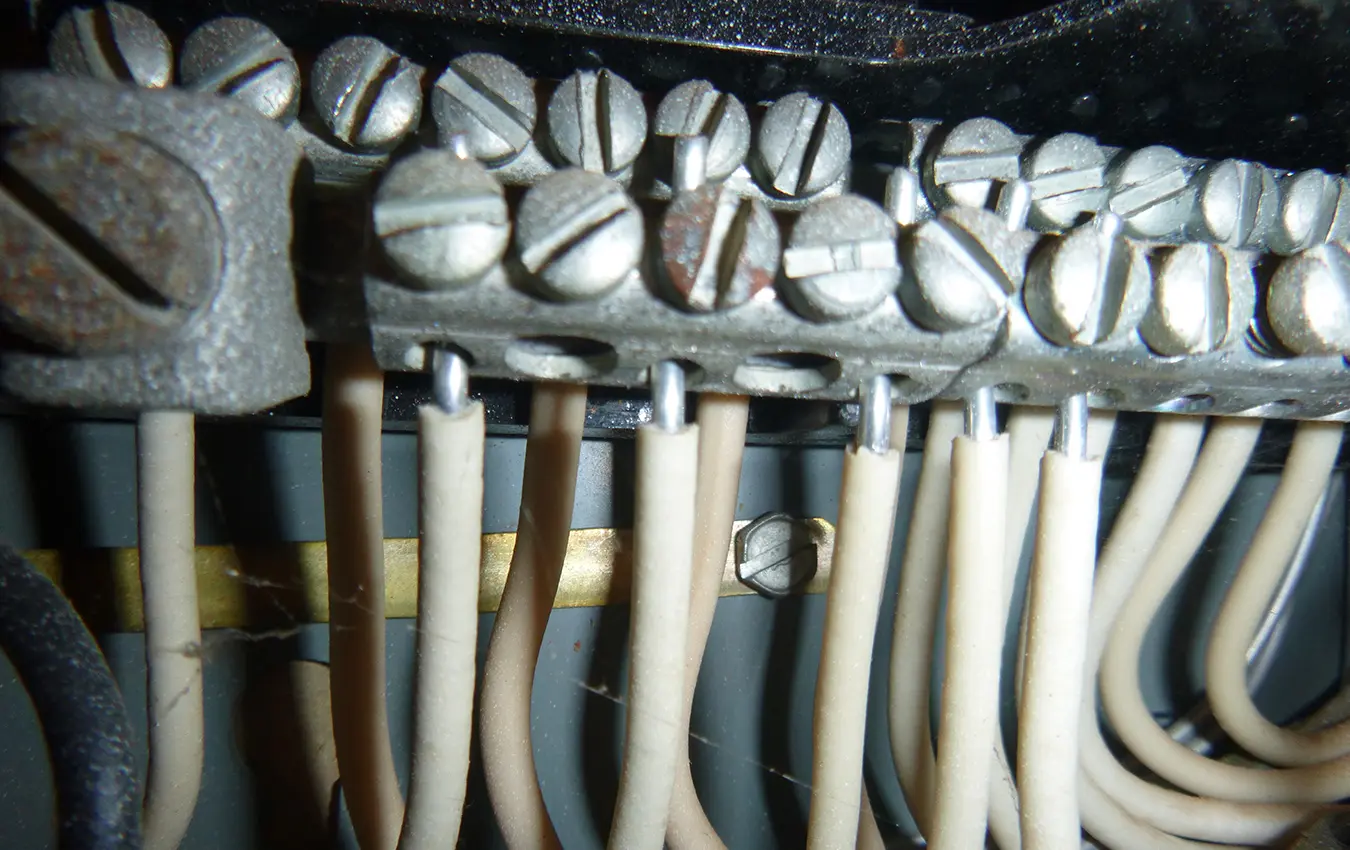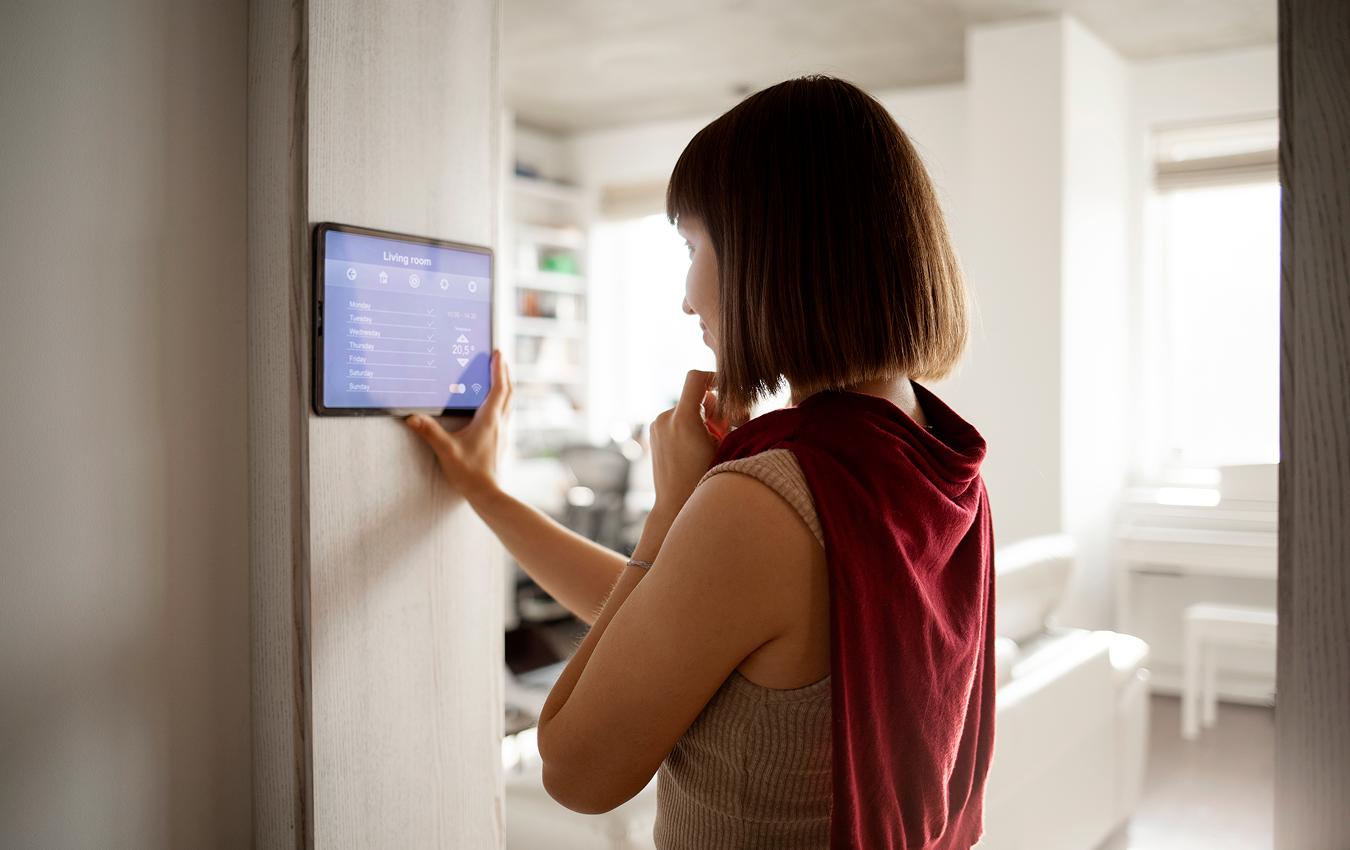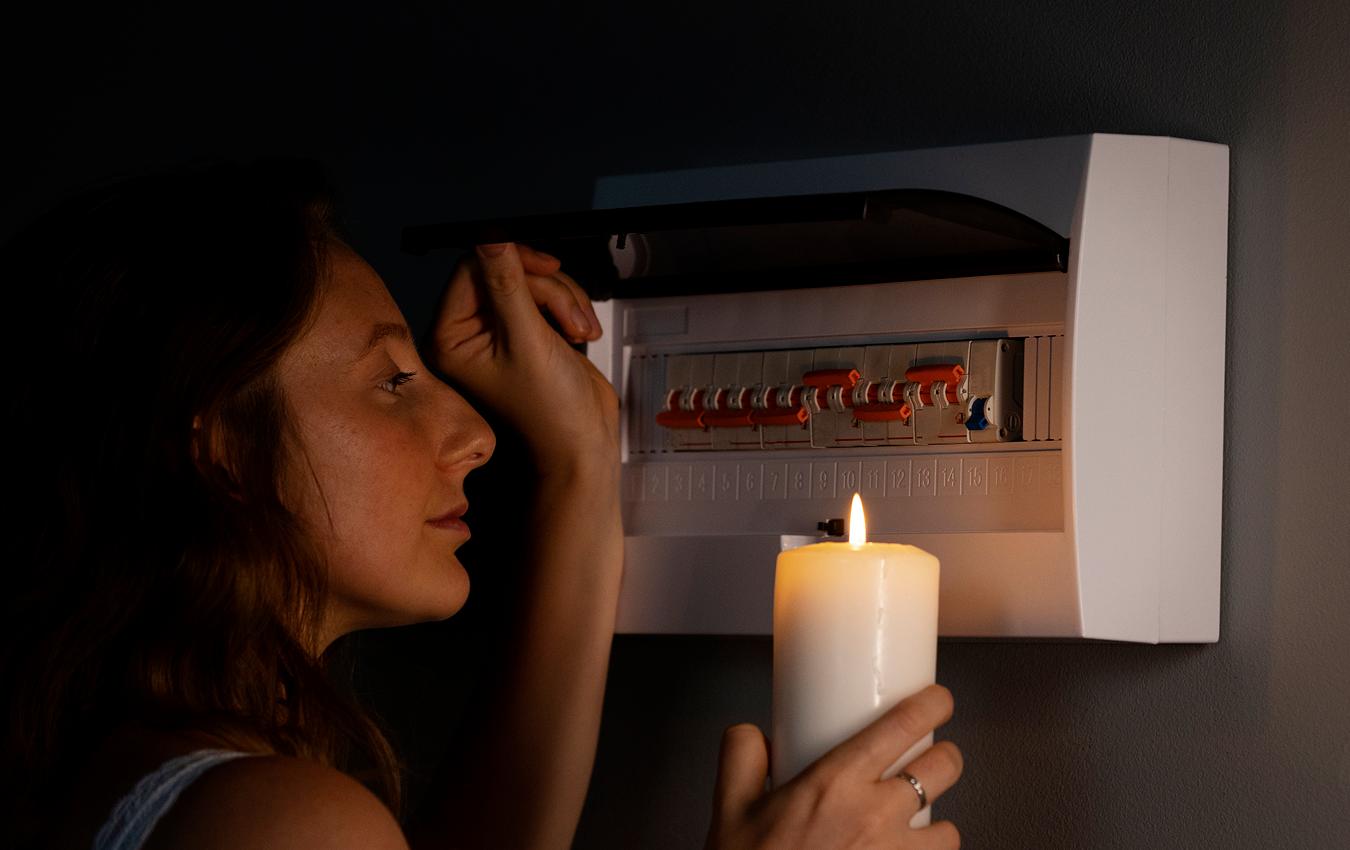Boca Raton boasts a rich architectural tapestry, with homes spanning various eras and styles. While these older homes exude charm and character, they often conceal hidden electrical systems that require special attention. One such system is aluminum wiring, commonly used in homes built between the mid-1960s and early 1970s. Aluminum wiring in homes presents unique challenges and safety concerns that Boca Raton and Weston homeowners should be aware of.
Unlike copper wiring, which has become the standard for modern electrical systems, aluminum wiring has different properties that can pose risks if not properly understood and maintained. This blog post delves into the intricacies of aluminum wiring, highlighting its potential hazards, proper handling, and essential safety considerations for Boca Raton homeowners.
Understanding the Risks of Aluminum Wiring
Aluminum wiring was once a popular choice for residential construction due to its lower cost and perceived abundance. However, over time, it became evident that aluminum wiring posed certain risks that copper wiring did not. These risks stem from the inherent properties of aluminum and its interaction with other electrical components, creating potential hazards that can compromise the safety and integrity of your electrical system.
One of the primary concerns with aluminum wiring in house is its tendency to oxidize. When aluminum is exposed to air, it forms a thin layer of aluminum oxide on its surface. This oxide layer is a poor conductor of electricity and can cause increased resistance at electrical connections, particularly at splices, terminals, and connections with dissimilar metals. This increased resistance can lead to overheating, as the electrical current encounters greater difficulty flowing through the oxidized connection. In turn, this overheating can cause arcing, which is a luminous discharge of electricity across a gap, and in severe cases, can ignite nearby flammable materials, leading to fire hazards.
Another issue with aluminum wiring is its greater coefficient of thermal expansion compared to copper. This means that aluminum expands and contracts more than copper in response to temperature changes caused by fluctuations in electrical current or ambient temperature. This repeated expansion and contraction can lead to loosened connections over time, as the aluminum wire gradually loosens its grip on terminals or within splices. These loose connections further increase the risk of overheating and arcing, as the electrical current encounters a less secure and potentially higher-resistance pathway.
Furthermore, aluminum wiring is softer and more prone to creep than copper wiring. Creep refers to the gradual deformation of a material under stress, such as the pressure exerted by screw terminals or the repeated heating and cooling cycles. In the case of aluminum wiring, this can lead to the wire deforming and loosening at connection points, again increasing resistance and the risk of overheating. This creep can also cause the wire to “cold flow” or deform over time, even under minimal pressure, further compromising the integrity of the connection.
The combination of these factors – oxidation, thermal expansion, and creep – makes aluminum wiring more susceptible to problems than copper wiring. These problems can manifest in various ways, including flickering lights, warm or discolored outlets and switches, burning smells, and even tripped circuit breakers. In severe cases, these issues can lead to electrical fires, posing a significant risk to your home and family. Therefore, it’s crucial to be vigilant and proactive in addressing any potential problems associated with aluminum wiring in your Boca Raton home.
Identifying Aluminum Wiring in Your Home
If your Boca Raton home was built between the mid-1960s and early 1970s, there’s a possibility that it has aluminum wiring. However, visual inspection alone might not be sufficient to confirm its presence, as aluminum wiring can sometimes be mistaken for copper.
One way to identify aluminum wiring in a house is to look for markings on the wire sheathing. Aluminum wiring is typically marked with the word “AL” or “Aluminum.” You might also find it stamped on the plastic sheath of individual wires. If you’re unsure, it’s best to consult with a qualified electrician who can accurately identify the type of wiring in your home.
Safety Precautions for Homes with Aluminum Wiring
If your home has aluminum wiring, it’s crucial to take certain safety precautions to mitigate potential hazards. Regular inspections by a qualified electrician are essential to identify and address any issues, such as loose connections or signs of overheating. The electrician can also assess the overall condition of the wiring and recommend any necessary repairs or upgrades.
One common solution for mitigating the risks of aluminum wiring is to use a method called “pigtailing.” This involves connecting a short piece of copper wire to the end of the aluminum wire using a special connector designed for this purpose. The copper wire is then connected to the electrical device or terminal, creating a more stable and reliable connection.
Another option is to use CO/ALR (Copper/Aluminum Revised) devices, which are specifically designed for use with aluminum wiring. These devices have features that compensate for the properties of aluminum and reduce the risk of overheating and arcing.
It’s crucial to avoid DIY aluminum wiring repair or modifications to aluminum wiring unless you have the necessary expertise and qualifications. Improper handling of aluminum wiring can exacerbate existing problems and even create new hazards. Always consult with a licensed electrician for any electrical work in your home, especially if it involves aluminum wiring.
Upgrading to Copper Wiring
While pigtailing and CO/ALR devices can mitigate some of the risks associated with aluminum wiring, the most comprehensive solution is to upgrade your home’s wiring to copper. This involves replacing all the aluminum wiring with new copper wiring, ensuring a safe and reliable electrical system for years to come. This upgrade offers numerous benefits, including improved safety, increased electrical capacity, and enhanced energy efficiency.
However, it’s crucial to remember that rewiring your home is not a DIY project. In Florida, electrical work of this nature must be performed by a licensed electrician in accordance with Florida Statute 489. This law is in place to protect homeowners and ensure that electrical work is carried out safely and competently by qualified professionals who have met the necessary education, training, and examination requirements.
Rewiring your home is a significant undertaking, but it’s a worthwhile investment in safety and peace of mind. A qualified and experienced electrician will assess your home’s electrical needs, carefully remove the old aluminum wiring, and install new copper wiring that meets current safety standards. They will also ensure proper grounding and bonding, install appropriate electrical boxes and connectors, and obtain any necessary permits and inspections.
Attempting to rewire your home yourself without proper licensing and expertise can be dangerous and lead to serious consequences, including electrical shocks, fires, and damage to your property. It can also lead to legal issues and invalidate your homeowner’s insurance in case of an electrical incident. Therefore, it’s crucial to prioritize safety and compliance by entrusting this important task to a licensed professional.
Conclusion
Aluminum wiring in older Boca Raton homes presents unique challenges and safety concerns that homeowners should not ignore. By understanding the potential hazards, taking appropriate safety precautions, and considering professional upgrades, you can ensure the safety and efficiency of your electrical system. Regular inspections by a qualified electrician are crucial for identifying and addressing any issues, and consulting with a licensed professional is essential for any electrical work, especially if it involves aluminum wiring.
Premier Electrical Services is your trusted partner for all your electrical needs in Boca Raton. We have extensive experience in handling aluminum wiring, providing safe and reliable solutions to protect your home and ensure your peace of mind. Contact us at 954-900-1696 today for a comprehensive assessment of your electrical system and expert advice on the best course of action for your home.
Key Takeaways
- Aluminum wiring, commonly found in older Boca Raton homes, poses potential fire hazards due to its tendency to oxidize, expand and contract with temperature changes, and loosen connections.
- If your home has aluminum wiring, regular inspections by a qualified electrician are crucial to identify and address potential problems, such as loose connections or signs of overheating.
- Consider mitigating the risks of aluminum wiring by using pigtailing or CO/ALR devices or opt for a complete upgrade to copper wiring for long-term safety and peace of mind.
Check out the latest news:
- Commercial Energy Audit: Spotting the Sources of Energy Waste
- Protect Your Fort Lauderdale Home with Whole-House Surge Protection
- Power Outages in Fort Lauderdale: How to Protect Your Home
- Preparing for a Home Rewiring Project: A Checklist for Homeowners
- 5 Critical Signs You Need a Whole-House Surge Protector





